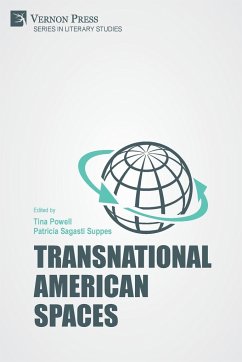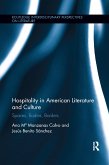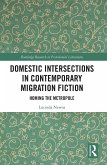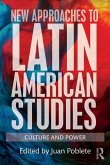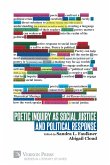As people migrate, they face the need to create a stable space within a disconcertingly unfamiliar environment. This experience of creating new spaces opens opportunities for positive transcultural connections; however, these opportunities can also serve as the disciplining of the migrant body. This text focuses on the movement of bodies in transnational communities and the formation of domestic and communal spaces that provide respite from migratory paths, negotiate transnational relationships, or establish a new home. In doing so, we explore literary texts that question, challenge, and deepen our understanding of the experience of migration through the use of space and place. The texts in question examine three levels of transnational spaces: intimate spaces such as family, personal growth, or sexuality; inherited spaces reflected in generational conflicts, religious identity, and inherited histories; and national spaces that look at issues of broader national identities. The texts we examine engage with transnational communities within the United States, and the ways in which narratives reimagine new space to negotiate change and create new norms. These narratives can sometimes bridge both cultures or can sometimes result in a violent sense of displacement. Each chapter problematizes a different aspect of transcultural adaptation, and the geographic ties of each community focus reflect the multicultural reality of the U.S., with connections to Asia, the Caribbean, Europe, the Middle East, and Latin America.
Hinweis: Dieser Artikel kann nur an eine deutsche Lieferadresse ausgeliefert werden.
Hinweis: Dieser Artikel kann nur an eine deutsche Lieferadresse ausgeliefert werden.

